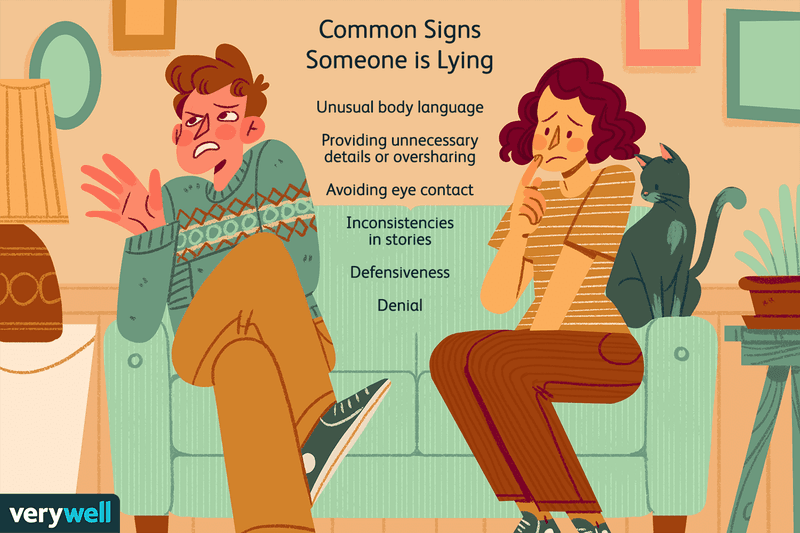Navigating everyday conversations can occasionally become a test of patience, especially when certain phrases rear their ugly heads. These expressions, often used without much thought, can come across as patronizing or downright insulting. They undermine intelligence, suggest incompetence, or simply irritate by their sheer redundancy. Whether heard in professional settings, casual chats, or on social media, these phrases can make anyone roll their eyes. This blog post delves into nine such annoying expressions, dissecting why they should be retired from your vocabulary. Read on to discover these verbal annoyances and consider alternative ways to communicate your thoughts more effectively.
1. It is what it is

Few phrases are as maddeningly defeatist as “It is what it is.” This expression implies a resignation to circumstances, without any effort to understand, change, or improve the situation.
It often leaves the listener feeling powerless, and it’s frequently used to shut down further conversation. Imagine expressing a concern or highlighting an issue, only to be met with this dismissive phrase.
Rather than accepting things as they are, why not seek solutions or alternatives? Replacing this phrase with proactive thinking can lead to more meaningful and productive discussions.
2. With all due respect

The phrase “With all due respect” often precedes a statement that is anything but respectful. It’s a verbal cue that what follows may be contentious or even offensive.
It’s frequently used as a preemptive defense for criticism, as if cushioning an impending blow. The listener is left bracing for an oncoming insult or disagreement.
Instead of cloaking criticism in this patronizing expression, consider framing your thoughts positively or constructively. Clear, respectful communication can foster better understanding and collaboration.
3. I’m just being honest

“I’m just being honest” often serves as a disclaimer for rudeness, as if honesty alone justifies hurtful comments. While transparency is valuable, it shouldn’t be an excuse for insensitivity.
This phrase can make honesty feel like a weapon rather than a virtue, leaving the recipient feeling bruised rather than enlightened. The challenge is to find a balance between honesty and empathy.
Consider expressing truths with kindness and tact, thus ensuring that your honesty builds bridges rather than walls. True communication involves both honesty and consideration.
4. To be honest with you

“To be honest with you” subtly implies that honesty is a rare commodity, reserved for special occasions.
This phrase casts doubt on the speaker’s previous statements, leaving the listener wondering about the authenticity of past interactions. It raises questions like: “Have you been dishonest before?”
Instead of peppering your speech with this unnecessary qualifier, strive for consistent honesty. Let your words be a reflection of your integrity, making “to be honest” redundant in your vocabulary.
5. No offense, but

“No offense, but” announces that offense is indeed likely to follow. It’s a thinly veiled attempt to soften the blow of an impending critique or insult.
This phrase often precedes comments that are critical or hurtful, leaving the listener defenseless under the guise of disarming honesty. It’s a verbal trap that catches the unwary off guard.
Instead, aim to offer feedback constructively, without the need for such disclaimers. This approach encourages open dialogue and mutual respect, fostering a more positive atmosphere.
6. Don’t take this the wrong way

“Don’t take this the wrong way” is usually a precursor to a statement that could easily be taken the wrong way. It’s an attempt to shield the speaker from backlash while delivering potentially offensive remarks.
The phrase suggests that the listener is overly sensitive, putting the onus on them to interpret the message correctly, despite its ambiguity.
Rather than relying on this defensive phrase, strive for clarity and directness in your communication. Ensure your words don’t leave room for misinterpretation or unintended hurt.
7. I’m just saying

“I’m just saying” is often tacked onto a statement to deflect responsibility for its content. It implies a casual, offhand remark that shouldn’t be scrutinized or taken seriously.
Yet, this phrase can feel dismissive, trivializing the speaker’s own words and potentially invalidating the listener’s feelings.
Consider taking ownership of your statements instead. If something is worth saying, it’s worth standing by. Communicate with intention and clarity, making “I’m just saying” unnecessary.
8. Whatever

Few words are as dismissive as “Whatever.” This single word can shut down conversations, showing disinterest or disdain for the topic at hand.
It’s often used as a verbal wall, signaling that the speaker is unwilling to engage further. This can be frustrating for those seeking genuine dialogue or resolution.
Rather than resorting to this dismissive term, strive for open and respectful communication. Engage with the topic or gracefully excuse yourself if needed, fostering a more positive and constructive exchange.
9. Calm down

Telling someone to “Calm down” rarely has the desired effect. More often than not, it escalates the situation, as it can feel patronizing or dismissive.
It suggests that the person’s feelings are invalid or exaggerated, which can further inflame emotions rather than soothe them. This phrase often leaves people feeling misunderstood and belittled.
Instead, offer empathy and support. Acknowledge the person’s feelings and provide a calming presence, rather than dictating how they should feel. This approach can lead to more effective conflict resolution.

Well, hello there!
My name is Jennifer. Besides being an orthodontist, I am a mother to 3 playful boys. In this motherhood journey, I can say I will never know everything. That’s why I always strive to read a lot, and that’s why I started writing about all the smithereens I came across so that you can have everything in one place! Enjoy and stay positive; you’ve got this!

